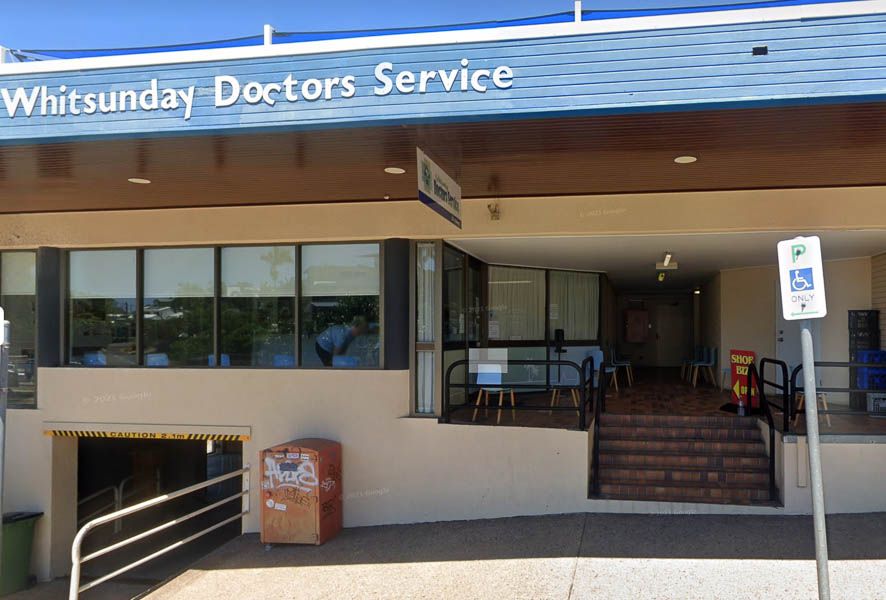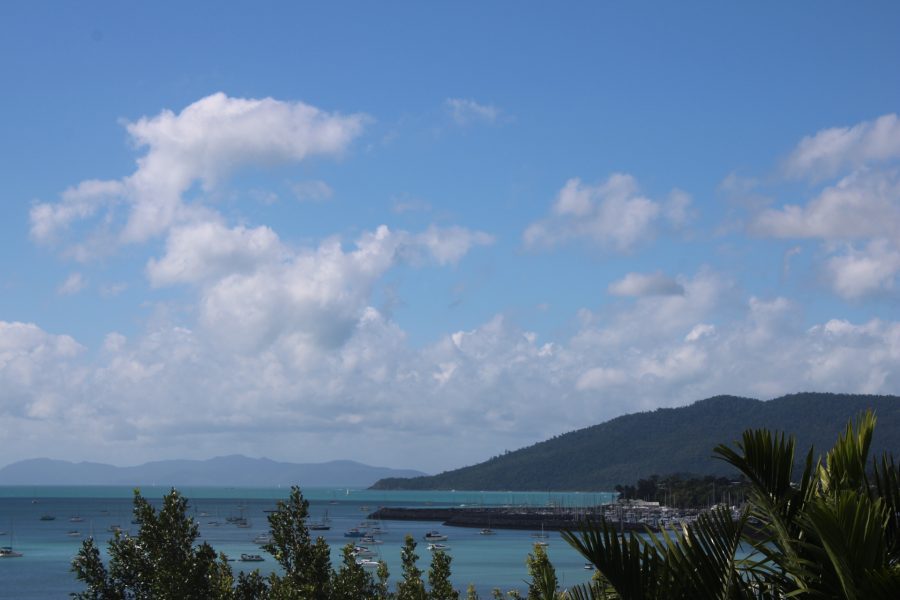A PEAK medical body is calling on the next Queensland Government to help ensure GP practices can continue to deliver essential care during and immediately after natural disasters.
As the State Election gets closer (October 26) the Royal Australian College of General Practitioners (RACGP) is advocating for a Natural Disaster Preparedness Program.
The RACGP wants to ensure that GP care is available to communities in need, in the aftermath of natural disasters.
Whitsunday GP Dr Konrad Kangru, from Whitsunday Doctors Service, has firsthand experience of the challenges of providing care in a natural disaster environment, after his practice was flooded in 2017, following TC Debbie.
“My practice was completely inundated, and it was incredibly difficult not to be able to provide care to my patients at a time when they really needed it,” Dr Kangru said.
“Hospitals and other services were already at capacity.
“The best thing GPs can do for our patients during a natural disaster is to be available to provide continuity of care, as best as possible.
“What we are asking the next State Government to do is ensure GP practices, in disaster prone areas, have the equipment and resources they need to provide continuous care to the community when they need us most.
“GPs will always step up for our communities. We just want the next Queensland Government to support us to do this.”
RACGP Health Advocate Dr Bruce Willett said GPs provided critical high-quality healthcare during natural disasters and in the recovery phase, but they needed to be supported to do this.
“When disaster strikes GPs play vital roles supporting their communities, but they do this in difficult conditions and often have to improvise which can impact their ability to provide care,” Dr Willet said.
“Disasters have a broad range of health impacts. It is not uncommon for people whose homes have been impacted to lose their regular scripts or have their medication lost or spoiled.
“Some people need treatment for minor injuries or help managing anxiety, grief or other mental health conditions which are exacerbated by the stress of dealing with a natural disaster.
“Local GP practices can help these people if they can get their doors open and practices up and running quickly.
“That’s why the RACGP is asking the next Queensland Government to establish a Natural Disaster Preparedness Program to ensure GP clinics are equipped with essential equipment like generators and medicine safes to enable them to continue to provide care in the community in the aftermath of natural disaster.
“This will also help ease the pressure on hospitals which can be cut off or inundated treating those with more urgent medical needs.
“The impacts of climate change mean the frequency and severity of these disasters is increasing, which makes it even more important that GP practices in ‘at risk’ communities are ready – because it is not a matter of if a disaster strikes but when.”






